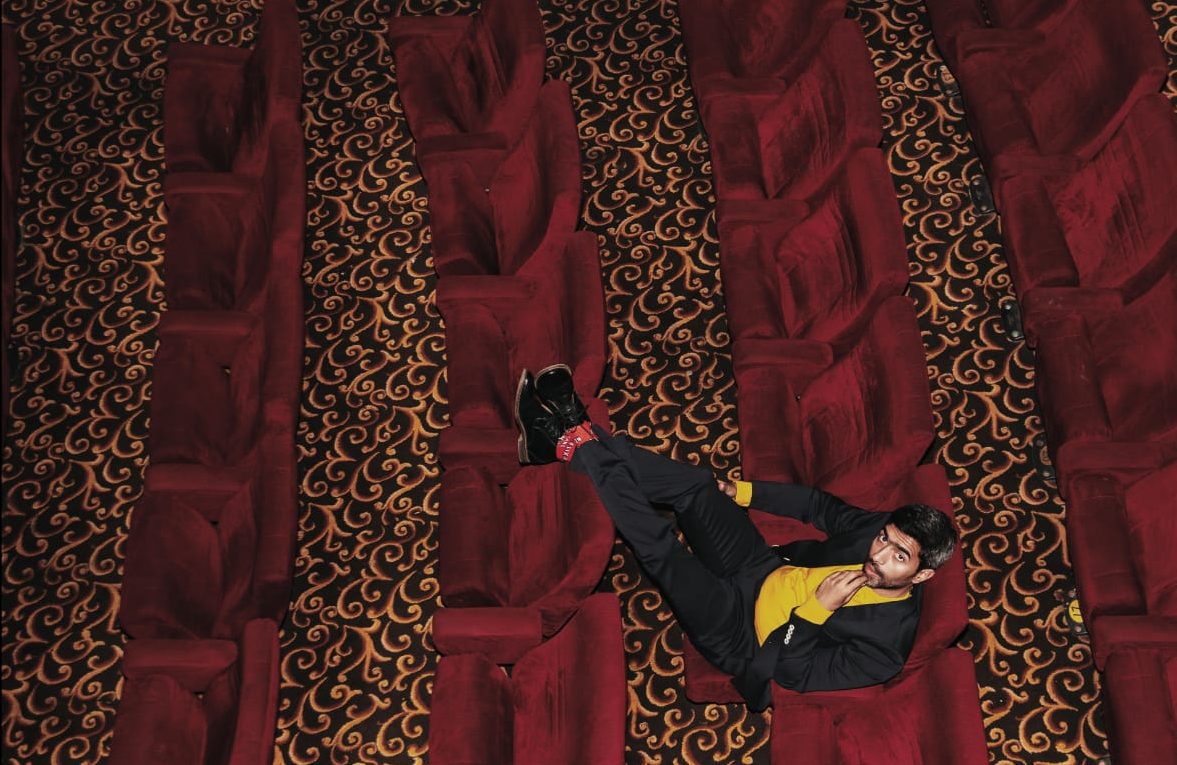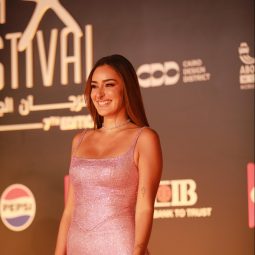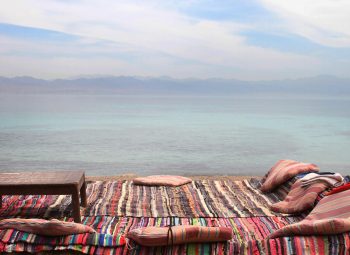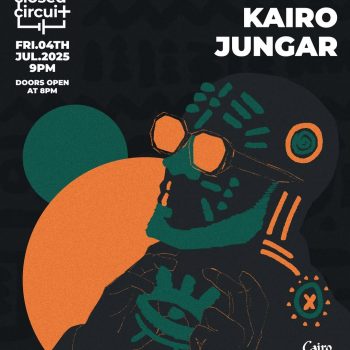Amr Abed is one of Egypt’s most talented actors. He rose to fame since his debut experience alongside Ahmed Hatem Omar and Karim Kassem, in the 2006 hit movie, Awa’at Faragh. But throughout the years, Abed has presented different remarkable performances that each left an impact on viewers, truly proving his talent.
That’s why we hopped on the first opportunity to speak to the talented artist, who is, by the way, not just an actor as you may know, but also a director and screenwriter. In other words, he’s a man of many hats.
Tell us more about your character, Galal, that you played in Ramadan 2020 and how did you speak to your audience through it.
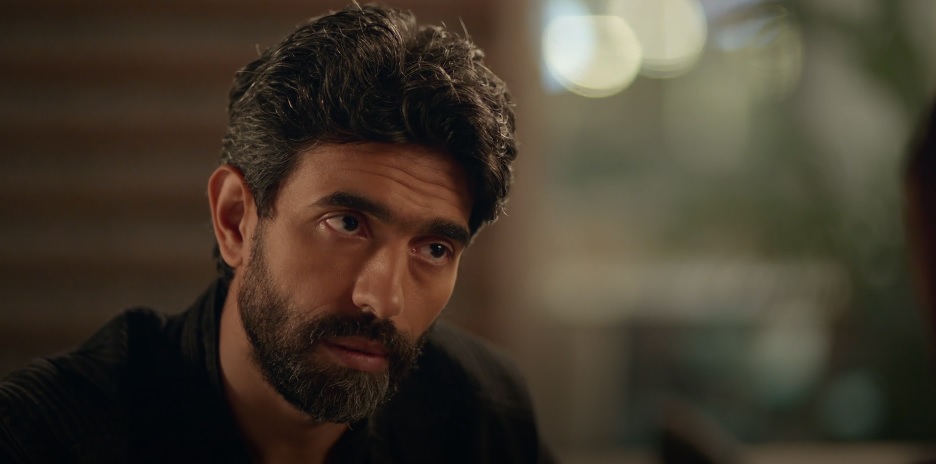
Galal is a very down-to-earth person; he’s a very realistic character that you feel you’ve already met before in real life. He works at the ministry by day, and in the evening, he’s an Uber captain. He’s married to a woman who’s not the love of his life; his first love left him. Basically, the simplicity of the character, with all its controversies, easily makes it relatable to all of us.
As for speaking to my audience, well, I usually try to communicate with the character I’m playing myself. I try to see what the character is trying to say first so I can figure out how I can portray it differently. When playing Galal, I tried to be as simple as possible while performing; in other words, less is more. I felt this technique told more about the character. Sometimes we play certain characters only to discover new techniques or aspects of our acting skills in the process. This time, I was trying to offer something very simple and can easily be resonated with.
Which of the characters you played was the closest to your heart and why?
Whenever I’m asked about this, the first two characters that pop in my head are Ali from Bein El Sarayat series and Montasser from Dahsha. Mainly because these two are very sensitive in their own way and constantly try to act on their weaknesses.
You seem to have a thing for movies and series with multiple lead characters. How did these experiences add to you?
Honestly, it’s something that happens unintentionally. Maybe these kinds of roles suit me in this particular phase in my life.
It turns out you’re a man of many hats; not just an actor, but also a writer and director. Tell us more about your upcoming short film.
Throughout my time in the scene, I’ve always been directing plays, especially back when I was in university. Lately, I’ve also been working on myself, and I took several filmmaking workshops and courses, whether related to screenwriting or directing. As I grow, I feel that I really want the place of the director, the writer, and the actor; all three of them are part of my identity.
Before the Coronavirus crisis, I finished shooting my debut short film, named The Ditch, and it’s now in the post-production phase. It’s written and directed by myself and produced by Karim Kassem. The cast includes Mohamed Benhawer and Sedki Sakhr.
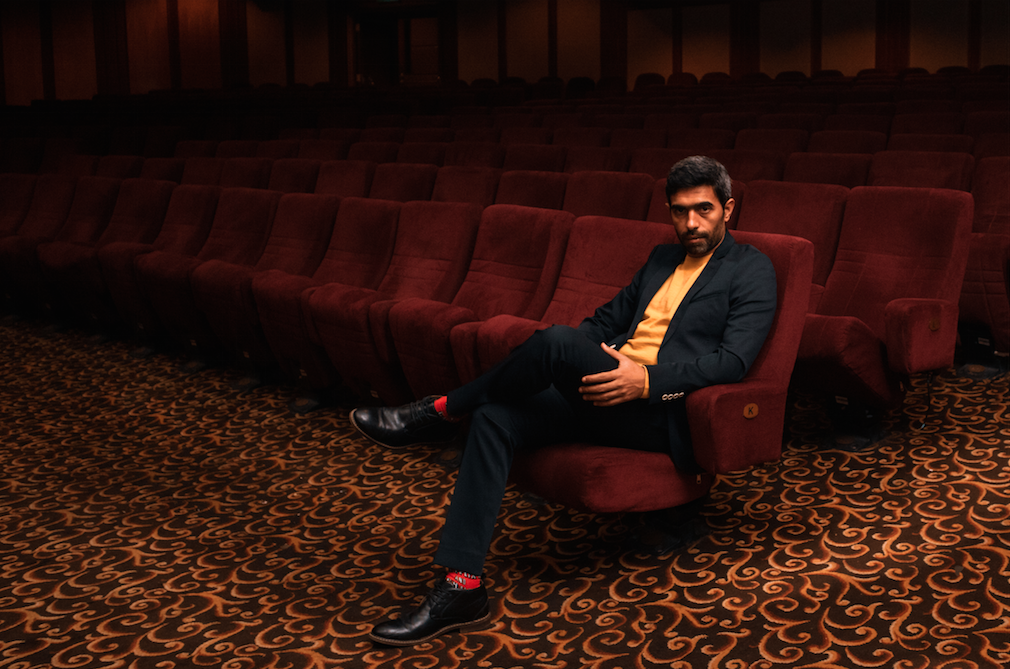
If you’d have to pick one craft to spend your life doing, which one would you choose: acting, writing, or directing? And why?
This would be a really hard choice to make because all three of them offer the same thing; they’re all just different methods of self-expression. Despite that, they’re still different, and it’s hard for me to choose. If I’ve been focusing on acting for a long time, then my interest in writing and directing doesn’t mean I’m doing a career shift at all. It’s just that my passion is currently leading me towards these crafts. Writing and directing offer me a bigger space to explore further and work with more people, but why? That’s a question I’ll find the answer for in the upcoming years as I work on myself.
Describe your dream character that you’d like to play someday.
There’s no particular character I’d like to play, but I’d love to play more new characters that teach me something different that I don’t know (whether it’s physical or mental). Basically, any character that helps me discover a new aspect of life.
What’s your take on how the Egyptian film industry has changed since the ’50s and ’60s.
I believe that the industry’s norms change along with how the era changes. For instance, the movies from the ’50s and ’60s reflect the mindset of people at that point in time, just like the ’80s movies, my personal favourite, and so on. Movies and series document and preserve points in history and every era conveys its occurrences. The film industry has changed from the ’50s and ’60s, just like everything else has changed.
What does Amr Abed aspire to achieve in his career? What’s your biggest dream?
My biggest dream is always to be satisfied with the work I present in writing, directing, or acting. I’d also hope to have a production company that will help others tell their story, and also that our movies would be screened all over the world.
Photo credits:
Photographer: Raghda A. El Sayed
Stylist: Maria Fathy
Makeup Artist: Nesma Ghoneim
Location: Grand Nile Tower

